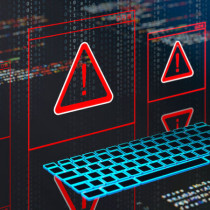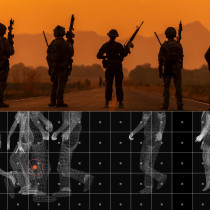The First Step of Exploring a System
The first step to exploring a system is not just another point and click. It is the part that
suprisingly, no one really talks about; gathering information on the subject. In order to
successfully get in a system, one must know enough about the entity to gain access to it. This
can be acomplished by choosing a subject (network/computer) and learning all there is to
know about how it ticks. This information can be found a number of ways; the main ones



































































